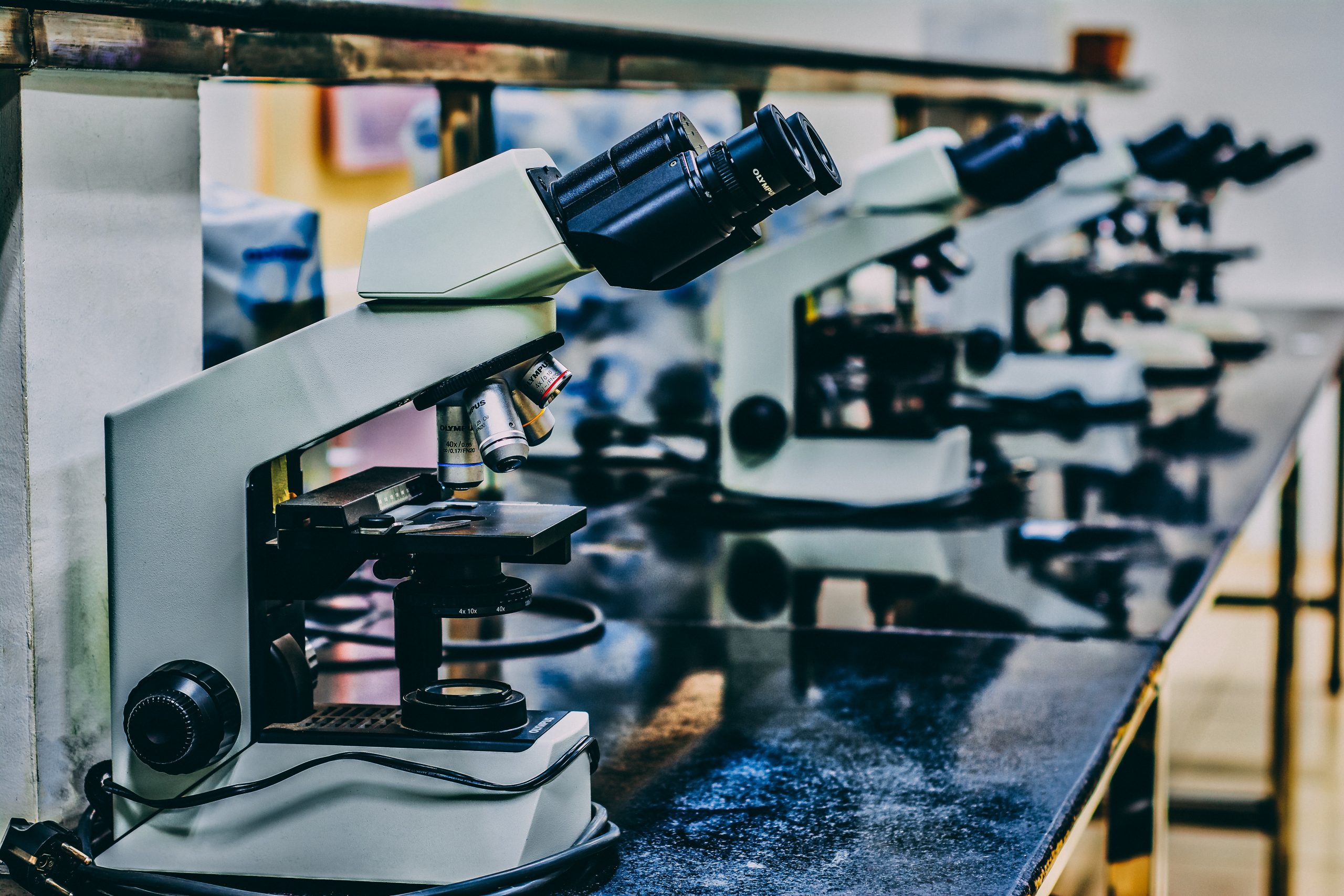The chemical industry is one of one of the most vital and wide-reaching sectors in the international economic situation. It is often referred to as the “sector of industries” due to the fact that its products are utilized as necessary inputs for almost every other area, consisting of healthcare, farming, construction, energy, textiles, and electronics. Without it, the benefits of contemporary life– from the medicines we take to the modern technology we make use of daily– would merely not be possible. injection quill
What Is the Chemical Industry?
The chemical industry involves the transformation of natural raw materials such as oil, gas, minerals, air, and water right into valuable chemical items. These products can be fundamental chemicals, like acids or solvents, or complicated specialized substances made for extremely certain applications. The market combines aspects of science, engineering, and large-scale production to supply the building blocks for plenty of products that support everyday life and global advancement.
Significant Sectors of the Chemical Sector
Petrochemicals
Petrochemicals are chemicals originated from petroleum and gas. They serve as the foundation for generating plastics, synthetic rubber, resins, fibers, and countless consumer goods. Everything from product packaging products and furniture to vehicle parts and household home appliances originates from petrochemical processes.
Pharmaceuticals
The pharmaceutical market is just one of one of the most impactful branches of the chemical sector. It focuses on the production of energetic pharmaceutical active ingredients (APIs) and excipients that form the basis of medications. Without innovative chemical study, modern medicines such as anti-biotics, painkiller, and vaccinations would certainly not exist. This sector is directly connected to human health and well-being.
Agricultural Chemicals
Agricultural chemicals, including plant foods, pesticides, herbicides, and development representatives, are developed to improve crop yields, safeguard plants from insects and conditions, and guarantee international food safety and security. As the global population remains to climb, this field remains necessary for meeting growing food needs.
Specialized Chemicals
Specialty chemicals are developed for targeted efficiency rather than mass production. Examples include adhesives, dyes, cleansing representatives, finishings, and lubricating substances. These products are important to industries such as fabrics, automotive production, electronics, and building, offering distinct functions that enhance performance and longevity.
Industrial Gases
Industrial gases such as oxygen, nitrogen, hydrogen, and carbon dioxide are extensively utilized across sectors. They are applied in medicine (oxygen for breathing care), food preservation (co2 for carbonation and packaging), welding and cutting processes (acetylene and argon), and clean energy innovations like hydrogen gas cells.
Importance of the Chemical Industry
The chemical industry plays an essential role in shaping the modern world. Its importance can be seen in numerous areas:
Financial Development: It is among the largest worldwide sectors, generating trillions of bucks annually and giving countless jobs worldwide. Lots of countries count on chemical exports as a significant source of profits.
Technical Development: From establishing lighter products for aerospace to developing eco-friendly plastics, the chemical sector drives technological progress across lots of fields.
Healthcare and Medicine: Almost every clinical development– from cancer cells treatments to sophisticated medical equipment– relies greatly on chemical advancement.
Sustainability Solutions: The market is working toward developing sustainable products, energy-efficient processes, and biodegradable items to sustain international ecological objectives. pig signaller
Obstacles Dealing With the Chemical Industry
In spite of its relevance, the chemical market also faces significant challenges that it need to get rid of in order to remain sustainable and efficient:
Environmental Impact: Waste administration, chemical byproducts, and plastic contamination are continuous issues. The sector is under pressure to decrease greenhouse gas discharges and embrace greener practices.
Power Dependancy: Lots of chemical manufacturing processes need high levels of power, often sourced from nonrenewable fuel sources. Transitioning to renewable resource is vital for long-lasting sustainability.
Regulatory Conformity: Rigorous international laws and safety requirements call for companies to constantly introduce while staying certified. This creates both monetary and operational challenges.
Global Competitors: With chemical manufacturing centers located across the world, firms have to stay cost-competitive while making sure top quality and technology.
The Future of the Chemical Sector
The future of the chemical sector will certainly be specified by sustainability, electronic change, and international cooperation. Several trends are shaping its instructions:
Green Chemistry: Developing safer, non-toxic, and eco-friendly products while reducing waste at every stage of manufacturing.
Bio-based Materials: Moving from petroleum-based resources to eco-friendly basic materials such as plant-derived chemicals and biofuels.
Round Economic Climate: Recycling and reusing chemical products, especially plastics, to decrease waste and resource intake.
Digital Makeover: Making use of expert system, machine learning, and wise manufacturing to enhance efficiency, decrease prices, and reduce ecological influences.
Power Transition: Supporting the global shift to renewable resource through the growth of sophisticated batteries, solar panels, hydrogen fuel, and carbon capture modern technologies.
Verdict
The chemical sector is greater than simply a market of scientific research and production; it is the structure of contemporary human being. Every facet of our lives– from the food on our tables and the garments we put on to the smartphones we make use of and the medicines we rely upon– is influenced by chemical innovations. As the globe faces environmental challenges and pursues a sustainable future, the chemical market will certainly continue to be at the forefront of options, continuing to form the method humankind lives, functions, and grows.


